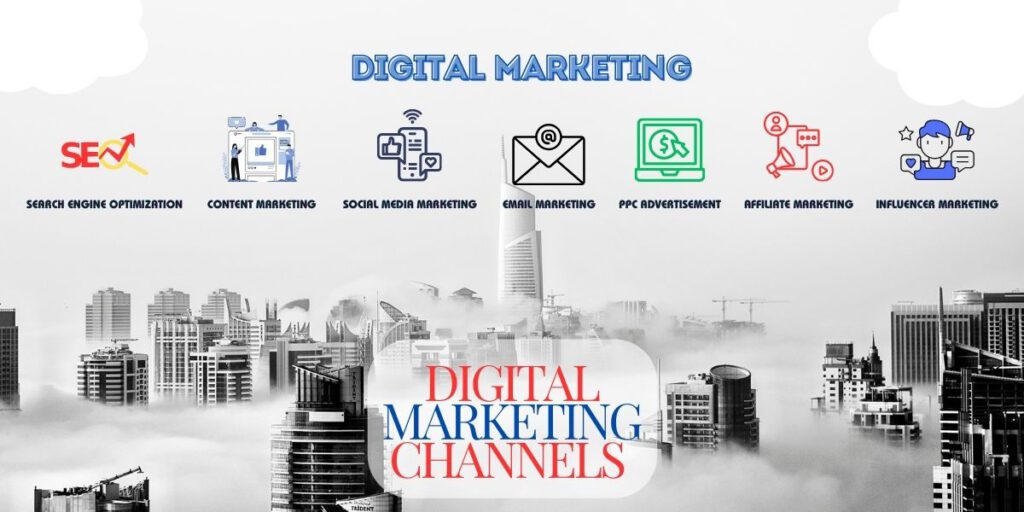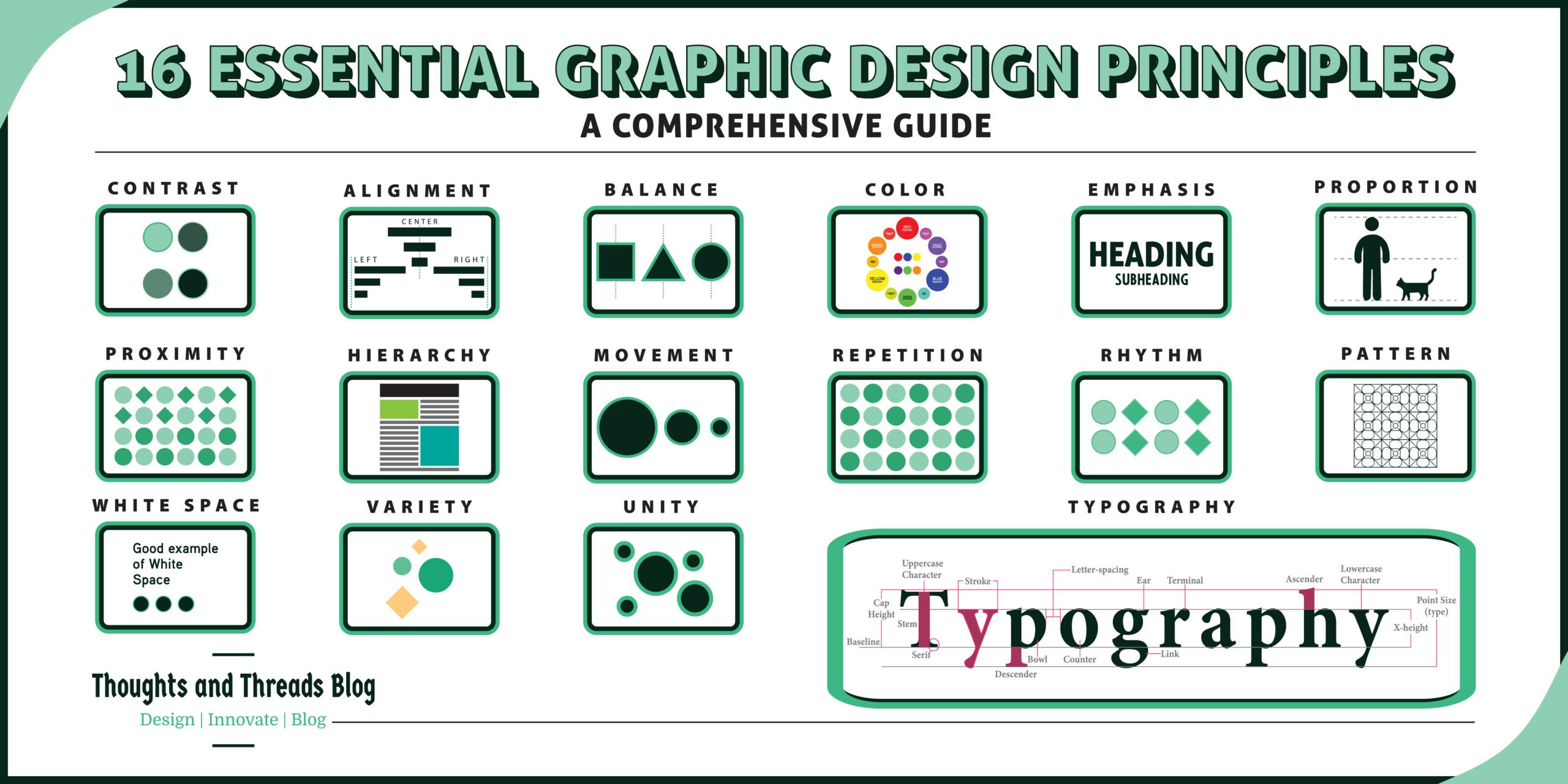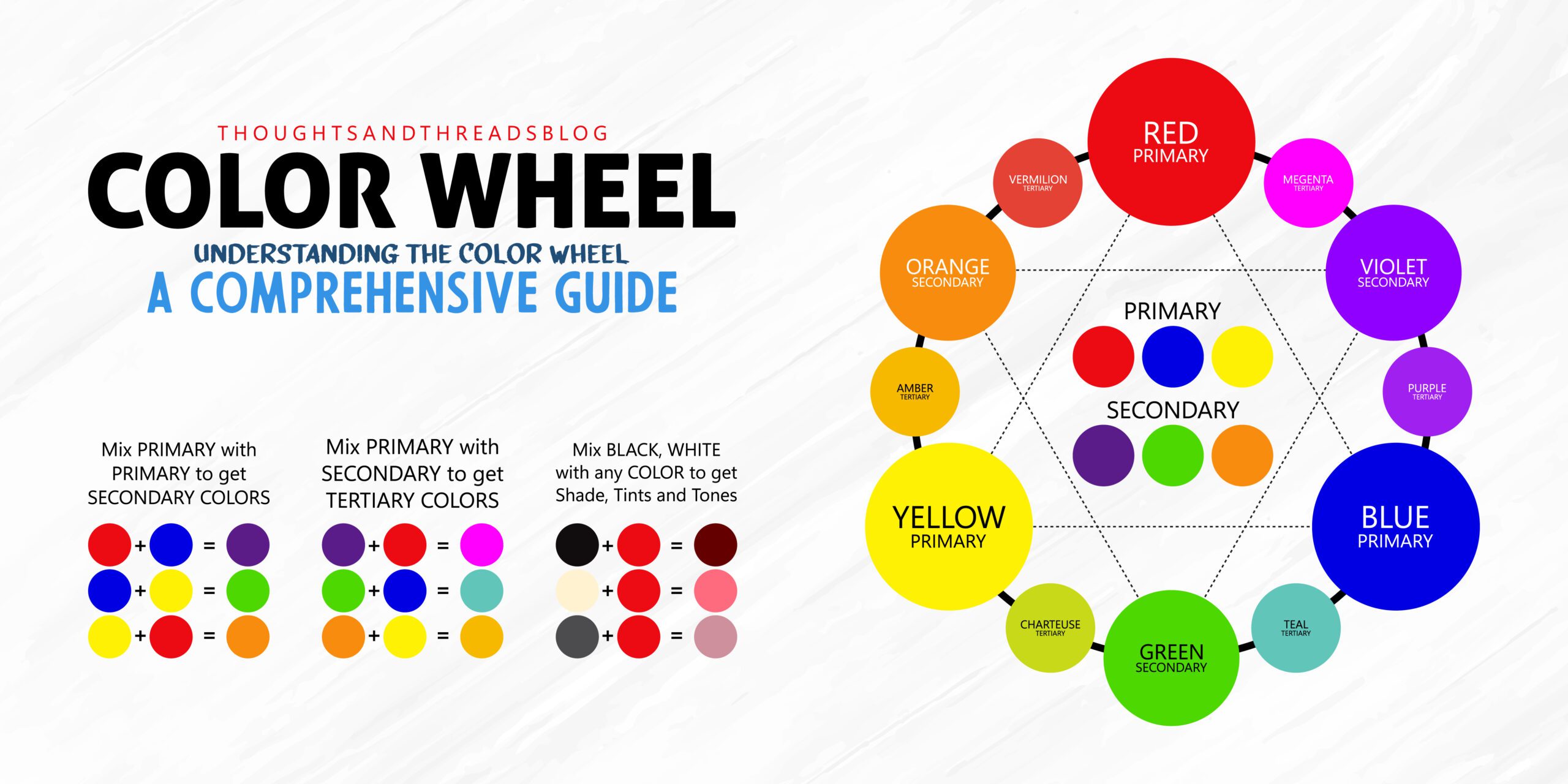Learn how to become a digital marketer with these 10 easy tips. No experience required, just simple steps to get started today!
The necessity to hire qualified digital marketers is immense nowadays due to the development of new technologies and the speed at which the digital environment changes. Many organizations, regardless of their size, now incorporate digital marketing strategies into their business in order to achieve the intended objectives. This article will be useful for everyone who is interested in this exciting field and wants to know the working steps to become a successful digital marketer. Whether you want to know a simple way of doing it or how to go professional in it, we are here for you.
What is Digital Marketing?
Definition and Scope
Digital marketing can be defined as the process of advertising goods, services or brands through digital means. This covers; internet search engines, social media, email, and even online advertising.
Importance in the Modern Business Landscape
It is true that the ever-changing nature of modern society and specifically the emergence and prevalence of the internet means that a company must have a solid web strategy. Some of the reasons for embracing the use of digital marketing techniques include; reaching a large base of clientele, engaging the clients and increasing their sales. It is considered an essential aspect of any contemporary marketing scheme.
Why Choose a Career in Digital Marketing?
Job Opportunities and Growth Potential
Digital marketing has so many job opportunities ranging from content writers, social media managers all the way to Search engine optimizers, and pay-per-click experts. The field is dynamic, and this renders the field as a healthy one to work in as there are always new things to learn.
Flexibility and Creativity in the Role
Since the job concerns digital marketing, the opportunities are vast and it is one of the most flexibly wide job opportunities present. Many of the products are heavily content based, and no matter if you are working on social media posts or building an appealing email copy, there’s always space for creativity.
Getting Started
Understanding the Basics of Digital Marketing
Digital marketing involves the use of digital technologies to communicate with customers and the general public with the aim of advertising goods and services.
Key Concepts and Terminologies
Before diving into digital marketing, it’s crucial to understand key concepts like SEO (Search Engine Optimization), PPC (Pay-Per-Click), and content marketing. Familiarize yourself with these terms to build a solid foundation.
Overview of Digital Marketing Channels
Digital marketing entails different mediums and each of them plays a specific role. These include:
- Search Engine Optimization (SEO)
- Content Marketing
- Social Media Marketing
- Email Marketing
- Pay-Per-Click (PPC) Advertising
- Affiliate Marketing
- Influencer Marketing
Setting Clear Goals and Objectives
Importance of Goal Setting
One of the crucial things that need to be done in digital marketing is to state clear objectives. It can come as no surprise that goals define direction, help set benchmarks and make an individual concentrate on the right things.
How to Set SMART Goals for Your Digital Marketing Career
SMART goals stands for Specific, Measurable, Achievable, Relevant, and Time-bound. For example, instead of a plan that is foggy such as ‘improve website visits,’ the SMART goal would be ‘to raise the level of visits on the website by 20 percent in the next three months using SEO interventions.’
To set effective goals, use the SMART criteria:
- Specific: Define clear and specific goals.
- Measurable: Ensure your goals are measurable.
- Achievable: Set realistic goals.
- Relevant: Ensure your goals align with your overall objectives.
- Time-bound: Set a timeline for achieving your goals.

Essential Skills
Skills are essential to become a digital marketer.
Developing Analytical Skills
Importance of Data Analysis in Digital Marketing
Data analysis is the central key in digital marketing. It also helps you to understand your target audience and the track the effectiveness of the launched marketing campaigns and make informed decisions as well.
Tools and Techniques for Data Analysis
I do not even know how I can analyze data now without tools like Google Analytics, SEMrush, and Ahrefs. These tools assist in analyzing visitors’ traffic on websites, their behavior, and comparing it with other indicators that can be helpful in the effective marketing process.
Mastering SEO (Search Engine Optimization)
Basics of SEO
SEO is the process of enhancing your site in order to feature higher in the ranking of search engine results; this gives out more organic traffic to your site.
On-Page and Off-Page SEO Strategies
- On-Page SEO: Specifically, it deals with the process of improving separate pages as in rank and to receive more targeted traffic. This includes keyword optimization, proper use of meta tags and the quality of content that is being produced.
- Off-Page SEO: Involves activities outside your website that impact your rankings, such as backlink building and social media marketing.
Learning Content Marketing
Importance of Quality Content
The content quality is one of the most important factors to engage the desired audience towards the offered content. Trust, authority, traffic, and the list does not end here, those who make use of back linking get to benefit in all these ways.
Content Creation and Distribution Strategies
Overall, content marketing is the process of communicating useful content to the target audience with an aim of persuading the target group. This can be blog post or video sharing, infographics, social media updates among others.
Understanding Social Media Marketing
Key Social Media Platforms
Applications, such as Facebook, Twitter, Instagram, and LinkedIn represent a special approach to connect the targeted audience. All the platforms are effective but different, which means that specific content should be created for each of them.
Creating Effective Social Media Campaigns
Social media campaign means the strategic use of communities and platforms to share content, and like any kind of marketing it requires planning, research, and good content. Engage the aid of analytics tools to check on the effectiveness of the strategies being employed in the campaigns in order to tweak them to better suit the particular success of the campaigns.
Pay-Per-Click (PPC) Advertising
Basics of PPC
Pay per click relates to the situation where you are required to pay for every click made on your ads. I think it is one of the most efficient tools to guarantee that the desired number of viewers with specific interests visits your webpage.
Creating and Managing PPC Campaigns
It is recommended to start with the proper keyword research when creating pay-per-click advertising. Through Google Ads campaigns you can design and implement as well as fine tweak your campaigns for better performance.
Building Your Knowledge
Staying Updated with Industry Trends.
Importance of Continuous Learning
In the digital marketing, it is significant to understand that environment is dynamic. It is crucial to pay attention to novelties, including trends and technologies as they help remain in the competitive field.
Resources for Keeping Up with Trends
Read blog posts by experts in the field and listen to webinars for further knowledge and participate in online groups. If you are just starting to research content marketing some useful tools are Moz, HubSpot and one of my personal favorites, Neil Patel’s Blog.
Taking Online Courses and Certifications
Recommended Courses and Certifications
Courses from different platforms like Coursera, Udemy, and LinkedIn Learning can provide extremely valuable knowledge. Certifications from Google Analytics, HubSpot, and Facebook Blueprint are highly regarded in the industry.
Benefits of Formal Education in Digital Marketing
Formal education definitely offers a systematic learning process, practical training, and a document that has recognition value, which can help advance a career.
Practical Experience
Become a Digital Marketer practical knowledge is important.
Internships and Entry-Level Positions
Acquiring the work experience by internship or on initial level jobs is necessary. Such opportunities help apply theoretical knowledge into practice, work on trainee projects, and develop skills with usage of practical experience of seniors. These positions are critical because companies seek candidates with practical experience to ensure the objective’s success.
Freelancing and Volunteer Opportunities
Freelancing and volunteering are good to get a working experience and to have projects for your portfolio. Such opportunities let you deal with multiple tasks, establish your versatility and outcome-oriented approach. Freelancer websites, for instance, Upwork, Fiverr, and VolunteerMatch have the project opportunity section that can help you find suitable project to display your digital marketing skills.
Building a Strong Online Presence
Importance of Personal Branding
Personal branding is referred to as one of the crucial steps to perform while creating an image around a specific professional, in this case, setting up oneself as an expert in a particular field – digital marketing. Having an online presence is also very important because it can help one get employers or clients or collaboration. Forums on different forums such as LinkedIn could be used to promote some of the achievements, provide insight on the industry as well as participate in the digital marketing forums.
Creating a Professional Portfolio
Documentation of professional assets is part of the portfolio. Add the stories of success, outcomes of some campaigns, comments from the clients, and samples of the performance. A well-polished portfolio can especially be of help during the time of submission of CVs and when selling ideas to clients.
Use platforms like WordPress or Behance to create and showcase your portfolio.
Networking with Industry Professionals
Importance of Networking
The concept of networking is a vital element in the progress of one’s professional life. Establishing relationships with bodies of practitioners mean that one is in a position to get new leads, partnership and guidance. Go for industry conferences, webinars, or local meetups to increase your circle of contacts.
How to Build and Maintain Professional Relationships
To establish and sustain working relationships, comment, share exciting posts, participate in groups, and become a member of working communities. The behavior and attitude of the mother requires special attention: only well-coordinated repeated and significant contacts can ensure the building of a strong relationship.
Tools and Resources
Overview of Key Tools
There are plenty of tools that are useful in digital marketing for example Google Analytics, Hootsuite, and Canva. These are assisting the campaign team in data analysis, social media management as well as content creation.
How to Use Them Effectively
Learn how to use these tools through tutorials and practice. Understanding their features and capabilities can significantly enhance your productivity and effectiveness.
Utilizing Analytics Tools
Importance of Analytics in Digital Marketing
Analytics tools assist you in tracking how effective your campaigns are, as well as users’ behavior and, consequently, in decision-making.
Best Analytics Tools for Digital Marketers
Google Analytics, SEMrush, and Ahrefs are among the best tools for digital marketers. They provide comprehensive data and insights to optimize your marketing efforts.
Advanced Strategies
Implementing Advanced SEO Techniques
Advanced On-Page SEO
Advanced on-page SEO involves optimizing site speed, mobile-friendliness, and using structured data. These factors enhance user experience and improve ranking in the relevant search engines.
Technical SEO Strategies
Technical SEO focuses on the backend of your website, including site structure, URL structure, and server optimization. This has the advantage of allowing search engines to be able to crawl and index your site effectively.
Email Marketing
Importance of Email Marketing
In the world of business, email marketing is an efficient channel of promoting various goods and services while at the same time establishing and developing relationships with the consumers. However, when properly implemented it has very low risks for the investors and a high return on investment.
Building and Managing Email Campaigns
Gently grow your email list and make sure that your target audience is divided, and the mails sent are appealing and relevant. Some of the available tools that you should use in your campaigns include the Mailchimp and Constant Contact.
Exploring Affiliate Marketing
Basics of Affiliate Marketing
Affiliate marketing involves promoting other companies’ products and earning a commission for each sale made through your referral. It’s a great way to generate passive income. Great way to become a Digital Marketer.
The concept of affiliate marketing is to promote a company’s products and earning the company’s commission for everyone who buys the product through your recommendation. Indeed, it is an excellent source of earning passive income.
Specifically, this type of marketing involves the promotion of goods and services by affiliate marketers, who are compensated on a commission basis.
Read Related Topics Affiliate Marketing: The Ultimate Guide to Success
How to Get Started with Affiliate Marketing
Select the products or services to promote by categorizing them under your selected field, and become an affiliate to the sellers of the products or services. Always assess the outcomes and look for better ways to work.
Utilizing Influencer Marketing
Benefits of Influencer Marketing
Influencer marketing leverages the reach and trust of influencers to promote your brand. It can significantly boost your brand’s visibility and credibility.
Finding and Partnering with Influencers
Identify influencers who align with your brand values and have a genuine connection with their audience. Build mutually beneficial partnerships to maximize impact.
FAQ’s
What is the average salary of a digital marketer?
The average salary of a digital marketer varies based on experience, location, and role. Entry-level positions typically start around $40,000 to $50,000 annually, while experienced professionals can earn upwards of $100,000 per year.
How long does it take to become proficient in digital marketing?
Becoming proficient in digital marketing can take anywhere from six months to two years, depending on his/her dedication, learning resources, and practical experience.
What are the biggest challenges faced by digital marketers?
Some of the biggest challenges include keeping up with industry trends, adapting to changing algorithms, measuring ROI, and managing multiple channels effectively.
How can I stay updated with the latest digital marketing trends?
Stay updated by following industry blogs, attending webinars and conferences, taking online courses, and participating in professional communities and forums.
What is the most important skill for a digital marketer to have?
One of the most important skills for a digital marketer is the ability to analyze data and make data-driven decisions. Understanding how to interpret analytics and adjust strategies accordingly is crucial for success.
Conclusion
Recap of Key Points
To become a successful digital marketer, understand the basics, define a plan of work, get the key skills, build your knowledge, obtain the live experience, and utilize the right tools and resources.
Summary of Tips and Strategies
Thus, we have outlined the fundamental steps on how to become a digital marketer that includes Knowing the basics and setting objectives, Acquiring and enhancing certain skills, and Gaining hands-on experience. Do not forget about the trends in the industry, and always try to expand the amount of knowledge.
Final Thoughts on Pursuing a Career in Digital Marketing
Pursuing a career in digital marketing can be incredibly rewarding. It offers endless opportunities for growth, creativity, and making a significant impact. Stay curious, be adaptable, and embrace the challenges and rewards that come with this dynamic field.
Encouragement to Start Your Journey
Digital marketing offers immense potential for growth and success. Embrace continuous learning and adaptation to thrive in this dynamic field. Start your journey today and explore the endless opportunities that digital marketing has to offer.
Emphasizing the Potential for Growth and Success
The digital marketing industry is booming, and there’s never been a better time to start your journey. With the right skills and mindset, you can achieve great success and make a lasting impact.
Encouraging Continuous Learning and Adaptation
Continuous learning and adaptation are key to staying ahead in digital marketing. Embrace new technologies, experiment with different strategies, and never stop learning.
Resources for Further Learning
Books, Blogs, and Websites for Continued Education
Recommended resources include “Digital Marketing for Dummies,” HubSpot’s blog, and Neil Patel’s website. These provide valuable insights and practical advice for digital marketers.
Communities and Forums for Networking and Support
Join communities like Digital Marketer, Moz Community, and LinkedIn groups to connect with fellow marketers, share knowledge, and seek advice.
Appendices
Glossary of Digital Marketing Terms
Key Terminologies and Their Definitions
- SEO (Search Engine Optimization): The process of optimizing your website to rank higher in search engine results pages (SERPs).
- PPC (Pay-Per-Click): A form of online advertising where advertisers pay a fee each time their ad is clicked.
- CPC (Cost Per Click): The amount you pay for each click in a PPC campaign.
- CTR (Click-Through Rate): The percentage of people who click on your ad after seeing it.
- Conversion Rate: The percentage of visitors who complete a desired action (e.g., making a purchase) on your website.
- Bounce Rate: The percentage of visitors who leave your website after viewing only one page.
- Content Marketing: The strategy of creating and distributing valuable, relevant content to attract and engage a target audience.
- Social Media Marketing: Using social media platforms to promote products or services.
- Email Marketing: Sending targeted emails to a list of subscribers to promote products or services.
- Affiliate Marketing: Partnering with affiliates who promote your products or services in exchange for a commission.
List of Recommended Tools and Platforms
Overview of Tools Mentioned in the Article
- Google Analytics: A web analytics service that tracks and reports website traffic.
- SEMrush: An all-in-one marketing toolkit for SEO, PPC, and content marketing.
- Ahrefs: A toolset for backlink analysis, keyword research, and competitive analysis.
- Hootsuite: A social media management platform.
- Mailchimp: An email marketing service that allows you to create and manage email campaigns.
- Constant Contact: An email marketing service with tools for creating and managing email campaigns.
- Sendinblue: An email marketing and automation platform.
Additional Tools for Digital Marketers
- BuzzSumo: A tool for content research and identifying influencers.
- Moz: A toolset for SEO and inbound marketing.
- Canva: A graphic design tool for creating visuals for social media, blogs, and more.
- Buffer: A social media scheduling tool.
- Trello: A project management tool for organizing and tracking tasks.
- HubSpot: A CRM and marketing platform with tools for email marketing, social media, and analytics.
Templates and Checklists
Goal Setting Templates
- SMART Goals Template: A template for setting Specific, Measurable, Achievable, Relevant, and Time-bound goals.
Content Calendar Templates
- Monthly Content Calendar: A template for planning and scheduling your content on a monthly basis.
- Weekly Content Calendar: A template for planning and scheduling your content on a weekly basis.
SEO Checklist
- On-Page SEO Checklist: A checklist for optimizing individual web pages.
- Off-Page SEO Checklist: A checklist for activities outside your website that impact your rankings.
Case Studies and Examples
Successful Digital Marketing Campaigns
- Case Study 1: Old Spice: How Old Spice rebranded and revitalized their product through a viral social media campaign.
- Case Study 2: Airbnb: How Airbnb utilized content marketing and user-generated content to grow their brand.
- Case Study 3: Dollar Shave Club: How Dollar Shave Club’s video marketing campaign went viral and significantly boosted their brand awareness.
Lessons Learned from Real-World Examples
- Lesson 1: The importance of understanding your audience and tailoring your message accordingly.
- Lesson 2: The power of storytelling in creating memorable and engaging content.
- Lesson 3: The value of leveraging social media to amplify your message and reach a broader audience.
Contact Information and Support
How to Reach Out for More Information
For more information or support, you can reach out through the following channels:
- Email: thoughtsandthreadsblog@gmail.com
- WhatsApp: 880 1711 578771
- Website: thoughtsandthreadsblog.com
Online Communities and Forums for Help and Advice
- Digital Marketing Institute: An online community for digital marketing professionals.
- HubSpot Community: A forum for discussing digital marketing strategies and tools.
- Moz Community: A forum for SEO and inbound marketing discussions.
Call to Action
Engage with the Audience
We invite you to share your thoughts and experiences in the comments below. Your insights can help others on their digital marketing journey.
Social Media Links
Follow us on social media for daily updates and engaging content on Become a Digital Marketer or other topics:




Leave a Comment